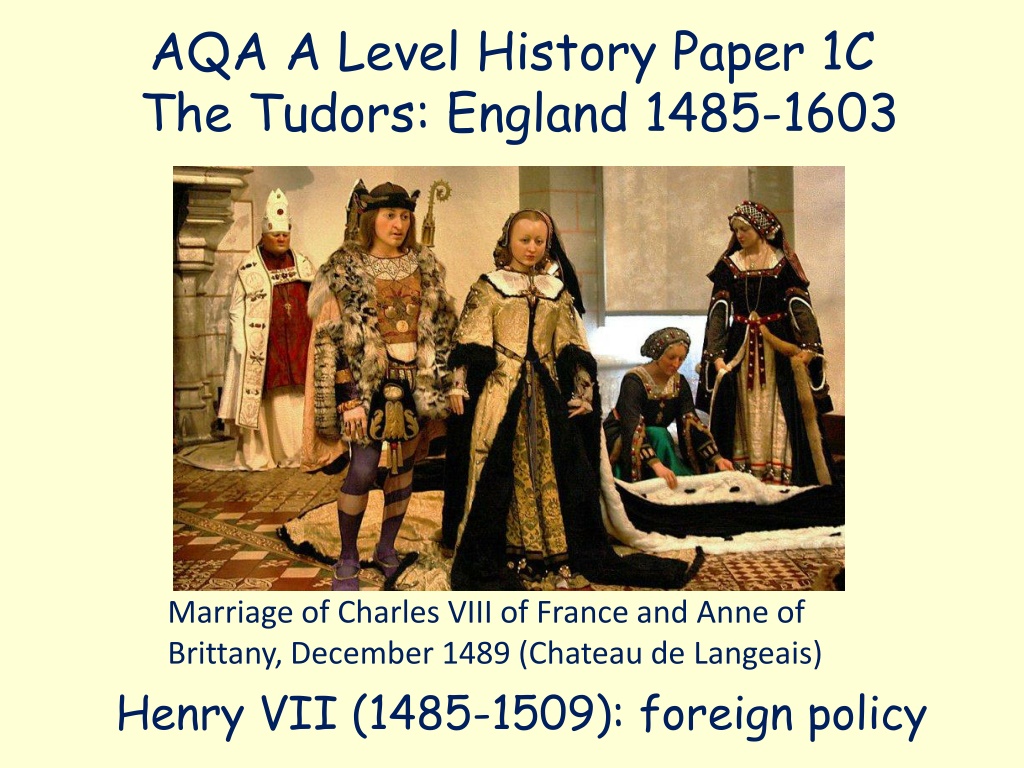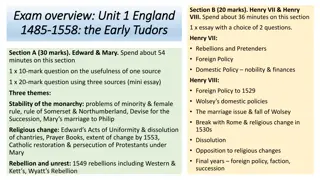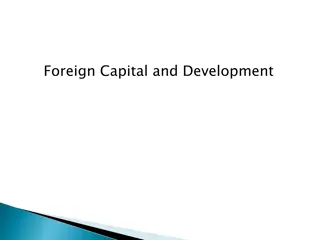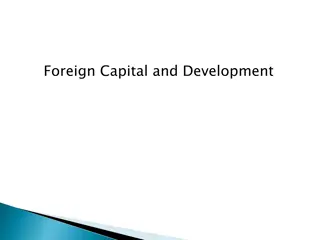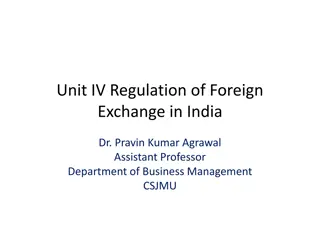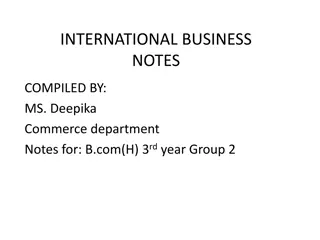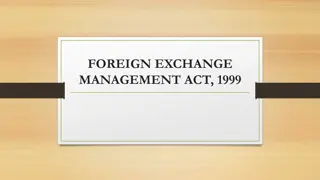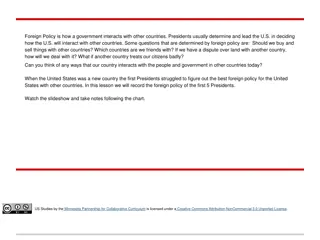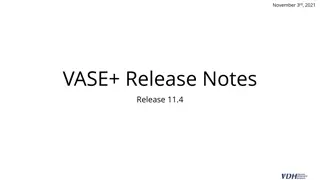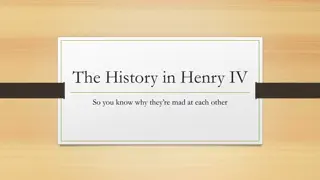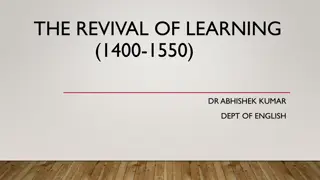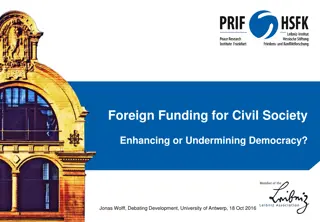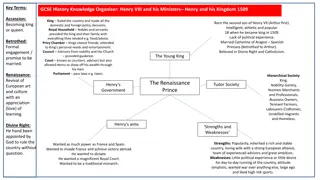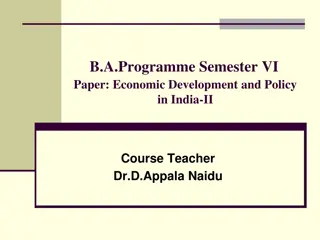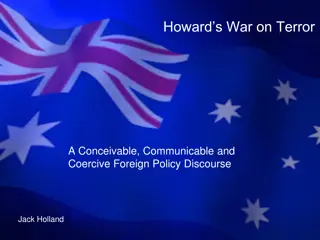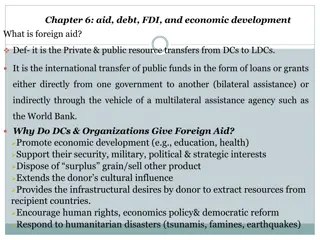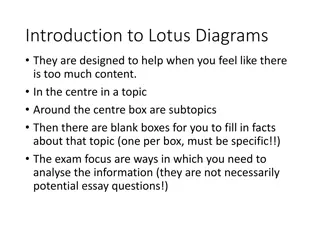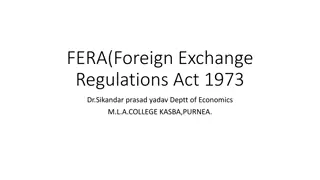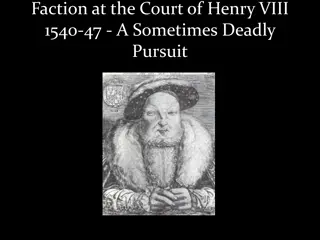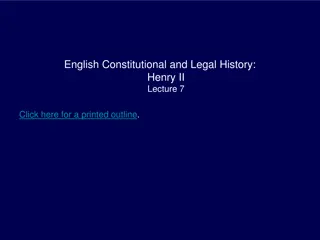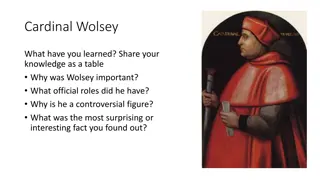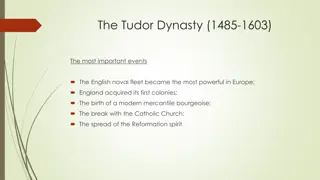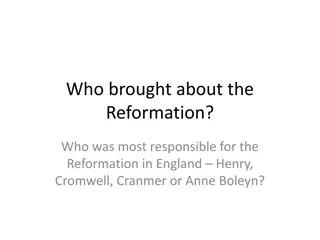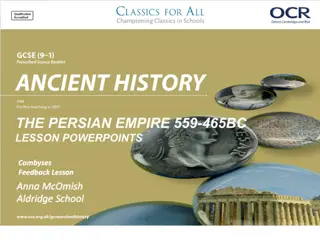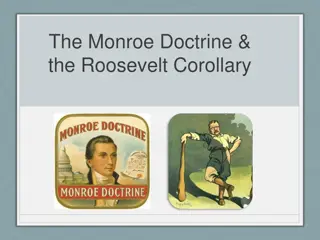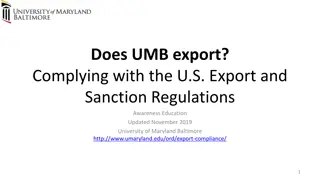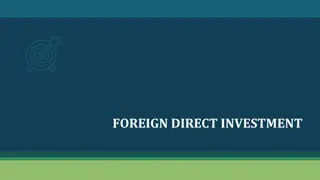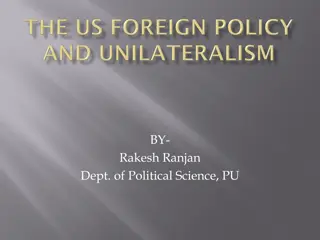Understanding Henry VII's Foreign Policy
Explore the aims and impacts of Henry VII's foreign policy during the Tudor era through examination of key events, decision-making processes, and royal interactions. Study sample exam questions, analyse the consolidation of authority, and assess the influence of international trade and succession concerns on England's diplomatic strategies.
Download Presentation

Please find below an Image/Link to download the presentation.
The content on the website is provided AS IS for your information and personal use only. It may not be sold, licensed, or shared on other websites without obtaining consent from the author. Download presentation by click this link. If you encounter any issues during the download, it is possible that the publisher has removed the file from their server.
E N D
Presentation Transcript
AQA A Level History Paper 1C The Tudors: England 1485-1603 Marriage of Charles VIII of France and Anne of Brittany, December 1489 (Chateau de Langeais) Henry VII (1485-1509): foreign policy
This is the Earl of Surrey. The king reversed his attainder in return for his good behaviour (1489). He needs your advice. 1. What will happen to my estates if I die before my son is an adult? 2. I m having some fine wine imported from Burgundy. Is there a tax I have to pay on it? 3. The king has asked me for a benevolence will I get it back? 4. A young relative of mine wants to join the Church. How do I get the king to fast track him into a top job? 5. Parliament have granted the king taxes based on the value of moveable property. Which will most of my tenants pay: a tenth or a fifteenth? 5
The aim of todays lesson is to answer this question: What were the aims of Henry VII s foreign policy? FORGE Foreign policy Overmighty subjects (nobles) Rebellions Government Economic/financial policies
Sample AS Level exam questions Foreign policy was the key reason for the consolidation of Henry VII s authority. Explain why you agree or disagree with this view. The desire to increase his international prestige was the most important motive behind Henry VII s foreign policy. Explain why you agree or disagree with this view. Securing the Tudor succession was the most important aim of Henry VII s foreign policy. Explain why you agree or disagree with this view.
Sample A Level exam question Despite the need to secure his dynasty, it was the desire to expand England s overseas trade that underpinned Henry VII s foreign policy. Assess the validity of this view.
Activity: how vulnerable was England in late fifteenth-century Europe? 10 On your handout map Highlight the rulers of each country Indicate countries which are likely to be friendly towards England, highlighting the reasons why Indicate the countries which might cause problems for England, highlighting the reasons why Stretch and challenge: read the two interpretations of England s position in sources 4.1 and 4.2. Which do you most agree with? Explain your decision.
Henrys foreign policy aims Copy and fill in the table 10 Aim How achieving it would help Henry Gain recognition from foreign powers Prevent foreign powers from supporting pretenders Avoid expensive foreign wars Make dynastic alliances Make defensive alliances Boost income by improving trade
The three phases of Henry VIIs foreign policy 1485-1492 gaining recognition by foreign powers 1493-1502 making successful alliances 1503-1507 dealing with a changing Europe Henry VII was more inclined to peace than war. Polydore Vergil, Henry s official historian.
Key European events which influenced Henry s foreign policy 1. The Breton Crisis (1487-92) 2. The Italian Wars (1494-1559) 3. The Castilian Succession Crisis (1504- 1506)
The Breton Crisis (1487-92) In 1488, Francis II of Brittany died without a male heir, leaving his eleven year old daughter Anne as Duchess. France acted to annex the Duchy by marrying its king, Charles VIII to Anne. In February 1489, Henry VII signed the Treaty of Redon with Brittany, in which he promised to send an army to help Anne fight the French. In March 1489, Henry made a treaty with Spain which made sure Spain wouldn t side with France against him.
The Breton Crisis (1487-92) The French were too powerful and Anne had to marry Charles VIII (Dec.1491). Charles antagonised Henry by welcoming Perkin Warbeck to France. Henry responded by invading France with an army of 12,000 men (Nov. 1492).
The Breton Crisis (1487-92) Charles VIII had his sights set on acquiring territory in Italy. In November 1492 he signed the Treaty of Etaples with Henry, in which Charles 1.promised not to support Warbeck or other Yorkist Pretenders. 2.paid Henry a pension of 159,000 (in annual instalments of 5,000) to remove his army from French soil.
The Breton Crisis (1487-92) 10 Support the statements on your handout with relevant information from Ferriby pp.28-29. Stretch and challenge: read and answer the questions on the extract from Currin.
Next lessons quiz 5 1. Working on your own, identify five significant factsfrom today s lesson. 2. Write down a question on each one using the guidance below. 3. Compare questions with your group and choose five to share with the class. Your questions should aim to: test the full range of knowledge covered in the lesson. have only one correct answer.
